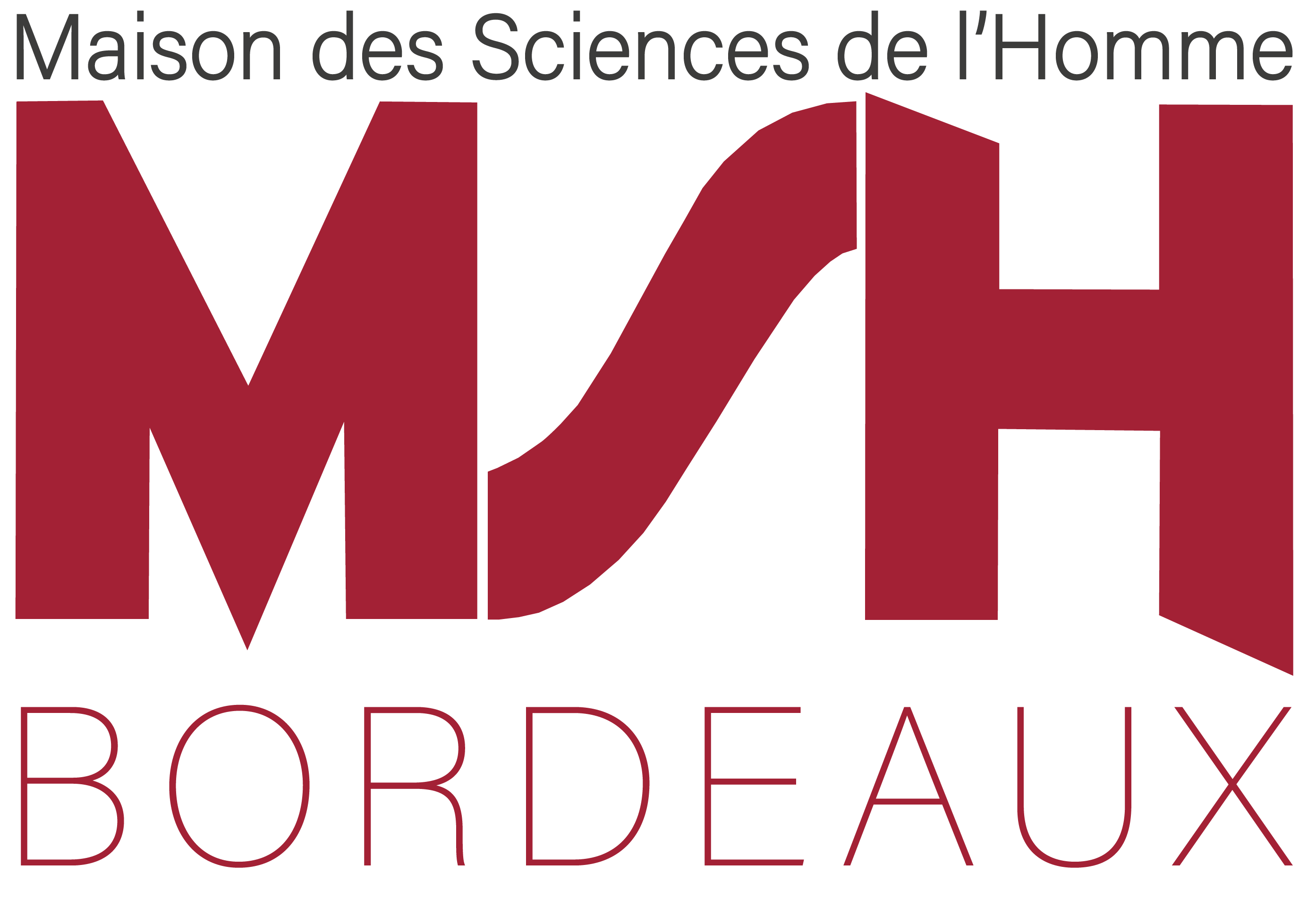
Project led by Gauvain Schalchli (UMR 5263 CLLE, Bordeaux Montaigne University) and
Laurence Labrune (UMR 5263 CLLE, Bordeaux Montaigne University)
Thematic call
The ecological crisis, which includes climate disruption and the collapse of biodiversity, has been known for several decades thanks to climatologists and ecologists.
Yet the ecological transition policies of the last 30 years have failed. We start from the observation that the cultural factor of the crisis, diagnosed in particular by anthropologists like Philippe Descola, is not generally taken into account in ecological transition policies and that the protection of nature is limited by the incompatibility of Western behavior. with biodiversity. Our research program aims to redefine the ecological transition based on the cultural factor. How to preserve ecosystems? By redesigning all human behavior in a form compatible with biodiversity. This is the hypothesis of the rewilding of humans within our civilization. Keywords: ecological transition, anthropology of nature, conservation biology, cultural sciences, rewilding, action research, interdisciplinarity, New Aquitaine
The ecological crisis, which includes climate disruption and the collapse of biodiversity, has been known for several decades thanks to climatologists and ecologists.
However, the ecological transition policies of the last 30 years have failed. We start from the observation that the cultural factor of the crisis, diagnosed in particular by anthropologists such as Philippe Descola, is generally not taken into account in ecological transition policies and that the protection of nature is limited by the incompatibility of Western behavior with biodiversity. Our research program aims to redefine the ecological transition from the cultural factor. How can we preserve ecosystems? By redesigning all human behaviors in a way that is compatible with biodiversity. This is the hypothesis of the rewilding of humans within our civilization. Keywords: ecological transition, nature anthropology, conservation biology, cultural sciences, rewilding, action research, interdisciplinarity, New Aquitaine
Upcoming activities
The project consists of organizing a collective work workshop between the participants of the initial meeting which took place in the form of a conference as part of the training at the Montaigne Humanités doctoral school on March 28, 2022. This phase of collective development will involve the more precise delimitation of the project and its subdivision into different axes, as well as the definition of subsequent stages and the search for future financing adapted to these ambitions. Concretely, the meeting will take place between November 15 and December 21, for two consecutive days in a location in New Aquitaine consistent with the theme of the project and allowing accommodation and catering on site as well as space and working conditions. required. Planned activities will consist of meetings, workshops and presentations. Depending on time and availability, a meeting with local stakeholders and citizens will be added to present the project.
